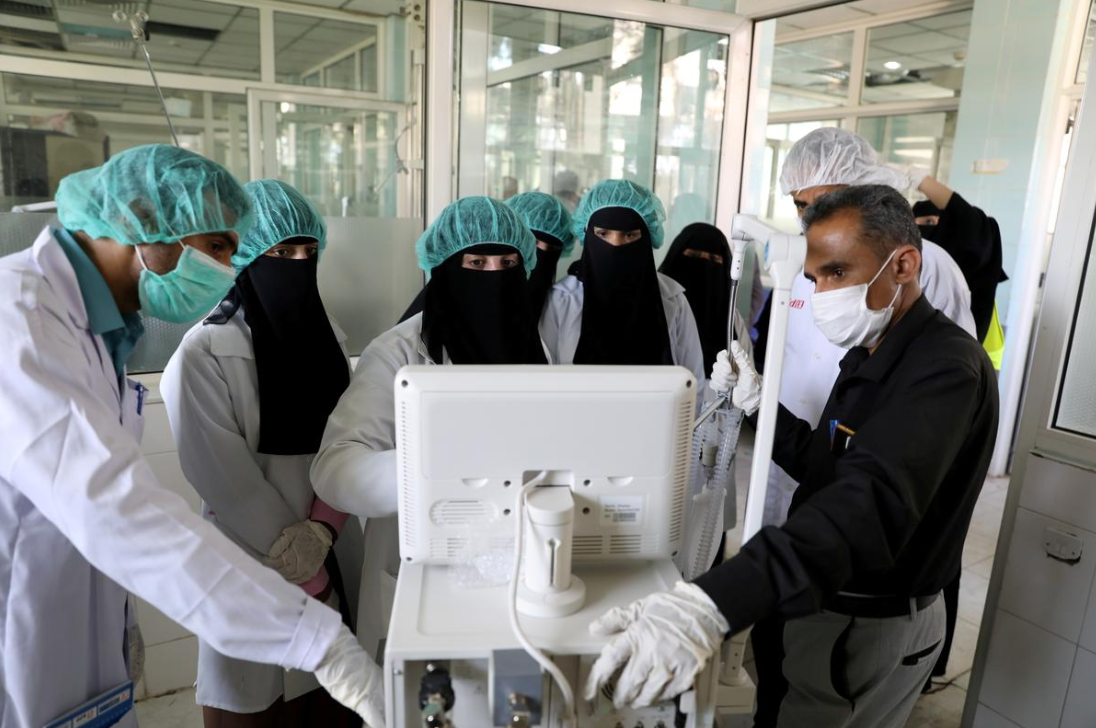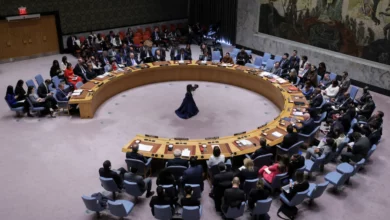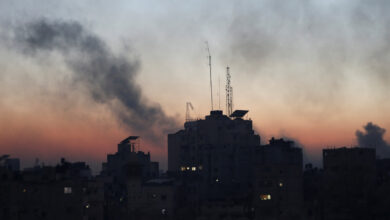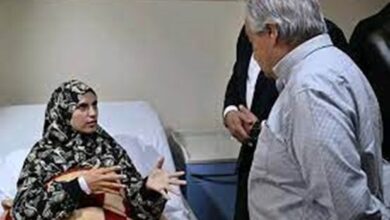
DUBAI (Reuters) – A group of multinational companies said on Wednesday it was donating tens of thousands of coronavirus testing kits and medical equipment to Yemen, where a five-year war has destroyed the health system and left millions vulnerable to disease.
Yemen, which has very limited testing capabilities, has reported only one laboratory-confirmed case of the novel coronavirus, announced on April 10. The United Nations and aid groups have warned of a catastrophic outbreak should the disease spread among an acutely malnourished population.
The International Initiative on COVID-19 in Yemen (IICY) said in a statement that its first 34-tonne shipment would reach Yemen next week and contained 49,000 virus collection kits, 20,000 rapid test kits, five centrifuges and equipment that would enable 85,000 tests, and 24,000 COVID-19 nucleic acid test kits.
IICY was founded by the charity arm of multinational Yemeni family conglomerate Hayel Saeed Anam (HSA), Tetra Pak, Unilever, the World Bank-backed Yemen Private Sector Cluster, and the Federation of Yemen Chambers of Commerce and Industry.
It is working with the United Nations which will distribute the donated equipment, including 225 ventilators and more than half a million masks. HSA is providing the first shipment, the statement said.
Up to now Yemen has had the capacity to test only a few thousand people, provided by the World Health Organization. The country also faces a shortage of ventilators and protective clothing.
“Yemen’s healthcare infrastructure will not be able to cope with the pressure placed on the system by COVID-19. We all fear that the result will be a major loss of life,” said IICY Chairman Nabil Hayel Saeed Anam, urging other private sector companies to join their initiative.
Around 80 percent of Yemen’s population, or 24 million people, requires humanitarian aid and millions are on the verge of starvation. Only half the Arabian Peninsula country’s medical facilities are functional and struggle to deal with other outbreaks such as cholera and dengue fever.
___
Reporting by Lisa Barrington; Editing by Mark Heinrich
Image: Nurses receive training on using ventilators, recently provided by the World Health Organization at the intensive care ward of a hospital allocated for novel coronavirus patients in preparation for any possible spread of the coronavirus disease (COVID-19), in Sanaa, Yemen April 8, 2020. (REUTERS/Khaled Abdullah/File Photo)




